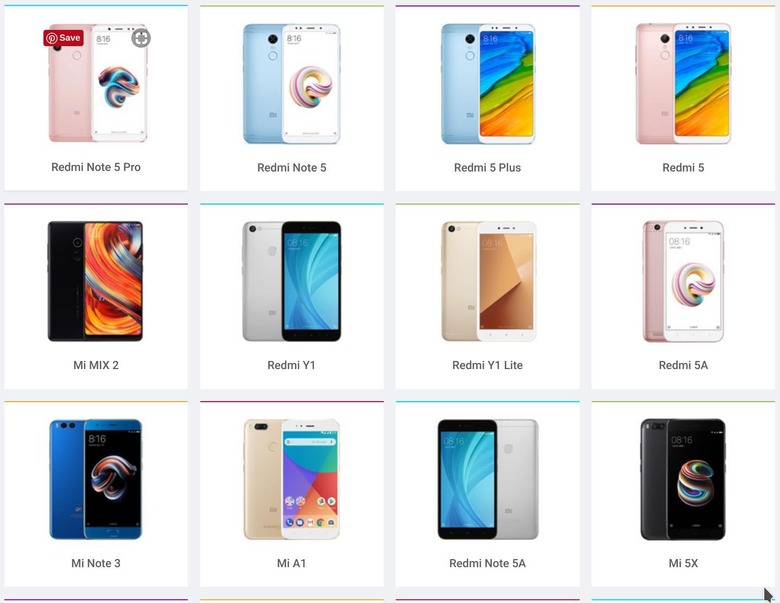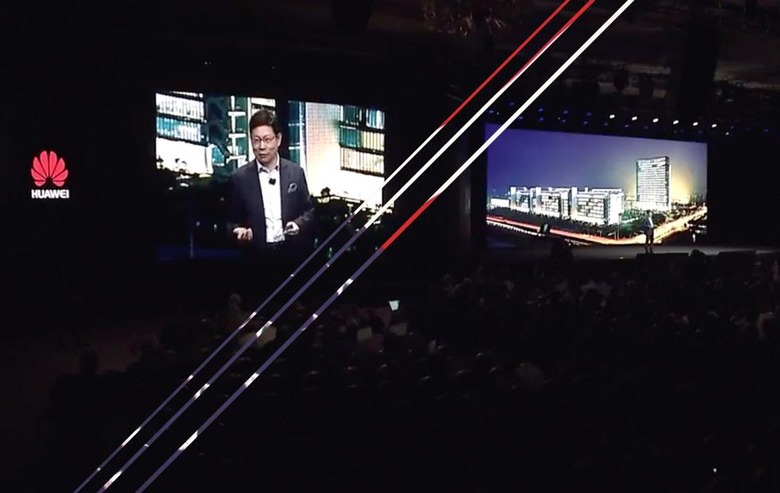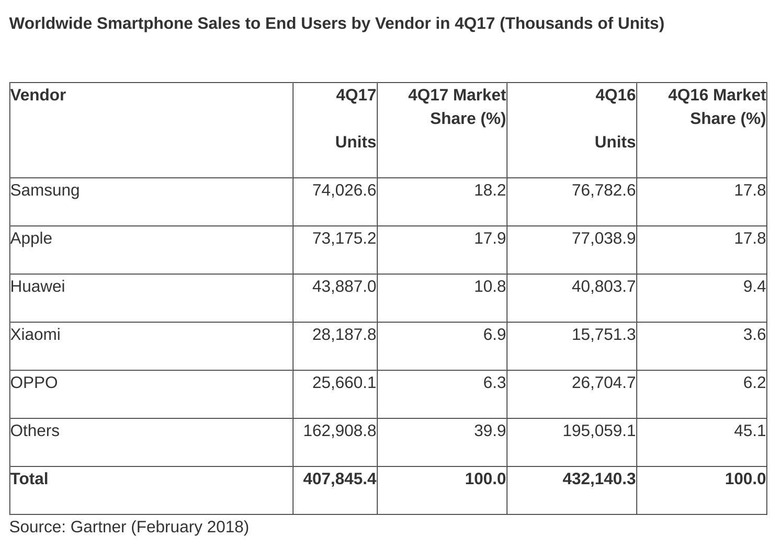Xiaomi still coming to the US but it doesn't matter anymore
A few years back, Chinese OEMs outside of Huawei and, to a lesser extent, ZTE, barely made a blip on the US smartphone market radar. One name, however, continued to pop up over and over again: Xiaomi. Younger than many of these other companies, Xiaomi was making miracles over at China, with sales and rabid fans that were immediately compared to Apple. Xiaomi grew to actually threaten not just Apple but also Samsung and even its own compatriots. Fast forward to today, there is still not a single Xiaomi phone available in the US. They're still coming, assures Wang Xiang, Xiaomi's new international business chief. When it does, however, its arrival might make less noise than expected, for reasons both within and beyond its control.
Mi Magic
It's not that hard to see why Xiaomi rocketed to stardom. It was young, agile, and, most importantly, knew what and how to deliver what consumers wanted the most. Many companies promise the best bang for the buck, but Xiaomi truly delivered on that promise. And mind, it wasn't just the cheap quality knockoffs that Chinese products are notorious for.
Xiaomi was also able to move and react fast, not burdened by decades of business baggage. It adopted an Internet-first approach to customer service, appealing to a generation who grew up knowing the Internet as the primary channel of communication. It new how to play the social networking game well, relying on hype and word of mouth to get its point across without spending thousands and millions on marketing budgets.
Those qualities were virtually unheard of in the more traditional US smartphone market. Xiaomi had an appeal that made distant onlookers ask when the Chinese superstar would burst into the scene. Year after year, the answer has always been "yes, but not now." Xiaomi is, apparently, waiting for the stars to align.

Carrier Bottleneck
Those stars have names. AT&T, T-Mobile, Sprint, and Verizon, just to name a few. Other smartphone makers have chosen to challenge the status quo, offering their products unlocked and trying to match carrier's financing and warranty offers. Xiaomi, almost in contrast to its nature, wants to do it old school. It wants its phones to be sold by carriers, something it barely does in other markets.
On the one hand, you can't really blame Xiaomi. Despite numerous and still ongoing attempts, US consumers still get their phones mostly from carriers. They learn about new phones mostly from carriers, not always by subscribing to sites like SlashGear (which you absolutely should! Shameless plug). There have always been periods where carrier importance have weakened but, like the waning and waxing of the moon, it comes and it goes. It's not about to change drastically any time soon.
On the other hand, Xiaomi's reiteration of its interest in the US market comes at a time when that promises sounds almost hollow. Xiaomi is putting its fate in the US in the control of carriers, whose are, ultimately, controlled by forces that go beyond technology and business.
Chinese Ties
It's a hard time to be a Chinese (or Russian) company doing business in the US these days. Especially if your company's name is Huawei or ZTE. These two, specifically, have been singled out by the US government as alleged instruments of the Chinese socialist regime. And that government is doing everything it can, from laws to shaming, to keep these two out of the country.

Xiaomi seems unfazed by the plight of its rivals. It is confident it won't be subject to the same campaign. After all, there are other Chinese tech companies, like Lenovo, still happily doing business in the US. And unlike Huawei and ZTE, Xiaomi doesn't make, much less sell, equipment use for networking infrastructure, one of the main concerns of the US government against those two.
It is, however, unknown how long Xiaomi's neutral status will remain. It isn't yet as big a target as Huawei, but it might soon be within range. In that sense, it is understandable that Xiaomi is treading very lightly, while still boasting heavily.
US Myth
The fact is, Xiaomi is putting its future US business in the hands of uncertainty. Government heads and policies will change and carriers themselves have other priorities. But while the US smartphone market might need Xiaomi, in the end, Xiaomi might not need the US smartphone market as much.
There was a time when it was commonly regarded that, to make it big in the smartphone market, you need to make it big in the US market as well. That was undoubtedly true until recently, when major markets like the US held sway over the rest of the industry. And while the US still retains its position of prominence, recent figures have shown that you don't always have to sell in the US to be successful.
Numbers from various market analysts show that brands that barely or don't even sell phones in the US have enjoyed growth in profits despite that fact. At a time when Samsung's and Apple's sales are actually declining, albeit ever so slightly, companies like Xiaomi are on the rise. In fact, Xiaomi has managed to climb to the top five, all without a single phone in the US.

Xiaomi was able to accomplish this by targeting as many markets as possible except the US. It even has a presence in some parts of Europe. It is building foundations in markets where its value proposition makes even more sense and has even more value than in a well-developed country like the US. And, sure, it will probably do even better than this if it secured emerging markets and the US, but the latter is no longer as critical as it was just a few years ago.
Wrap-up: Xiaomi Unlocked
But, yes, the US smartphone still needs the likes of Xiaomi and, yes, Huawei. It needs choices of devices that can deliver the exact or almost same features at half the price without looking like disposable plastic blocks. It needs companies to shake up the market and keep giants in check, which, in turn, could help drive innovation. As long as they all play cleanly, that is.
But Xiaomi doesn't exactly need to do it via the traditional routes. In fact, at this point in US history, it might actually be counterproductive for it to do so. It remains stubbornly committed to avoid stepping on carrier's toes, even to the point of risking an unavoidable loss in interest the longer it delays. It could simply launch its phones unlocked, push its rivals in the US out of the way, and show carriers what they're missing on. After all, carriers love nothing more than hard evidence they won't be on the losing end of a new partnership.
